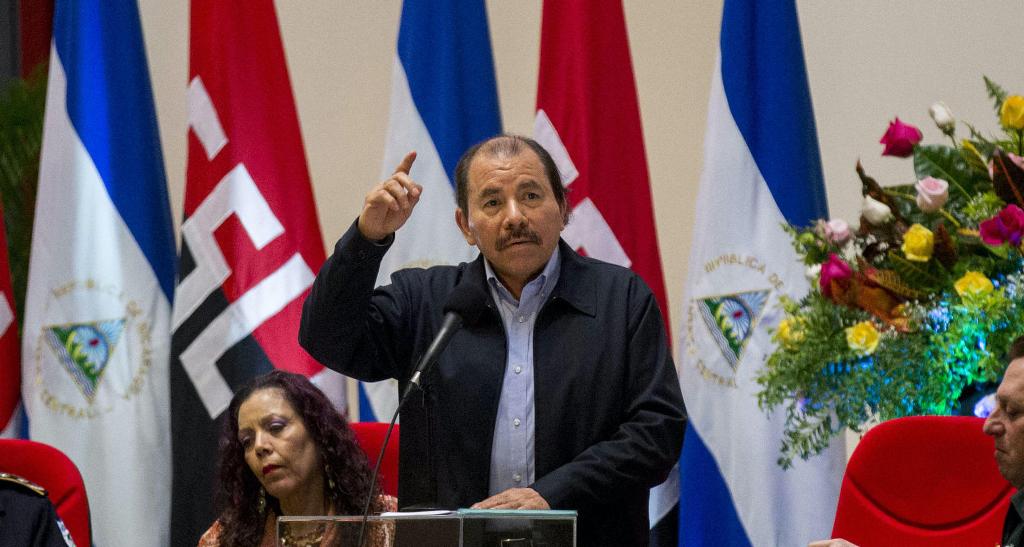In Costa Rica, each inhabitant generates an average of 0.73 kg of waste per day, a figure that varies depending on the region of the country and consumption patterns. Every day we consume more, therefore, we generate more waste, a situation that has led to the accelerated depletion of final disposal sites. It is projected that, in two or three years, there may not be enough space to build new landfills.
Despite this reality, we continue to discard almost everything we generate: more than 80% of recoverable waste ends up in landfills. In other words, materials with economic and environmental potential—such as plastic, paper, glass, or aluminum—are treated as if they were useless. This is a profound contradiction in a country that has built a green narrative, but that remains—like most Latin American countries—trapped in a linear model of consumption, or overconsumption.
Recycling is not enough
For decades, we have been told that waste recycling is “the” solution. And while separating clean, dry, and waste by type is a necessary step, it is not enough. First, because only 4–5% of the population is willing to take these actions to reduce their impacts. Second, because we continue to produce products with excessive packaging and materials that are difficult to recycle. Therefore, recycling is merely one stage of containment in a chain of decisions that begins much earlier: when we choose what and how much to consume, who to buy from, and how often.
However well-intentioned, recycling does not solve the climate crisis; it mitigates it, and only partially. What can really make a difference is a systemic transformation: changing consumption patterns, redesigning products from their origin, reducing the need for a relentless production system, and assuming shared responsibility among companies, the state, and citizens.
With this vision, ecoins was born in 2018, a program that from the beginning sought to articulate the entire recycling ecosystem under a single narrative and with a clear objective: putting people at the center of waste management. A key question guided our proposal: how to encourage more people to do the right thing?
This is how ecoins emerged as points awarded to those who deliver clean, dry, and properly separated recyclable waste to authorized locations. With these points, people can participate in monthly raffles at partner businesses. The response was immediate. More than 25,000 people joined in the first month. Today, we have more than 119,000 registered users. But it’s not enough.
Separating for recycling is part of the journey, not the final destination. We also need to talk about responsible consumption, environmental education that challenges the logic of use and throwaway, and regulations that force productive sectors to consider how much they produce, what packaging they use, how to minimize it, and, ultimately, to address their post-consumer impacts.
Every product we consume contributes directly and indirectly to the rise in global temperature. And if we’re consuming more and discarding more waste, how can we expect the temperature to stabilize? The planet is speaking to us forcefully; we can’t continue with the same behaviors and expect different results.
Resisting the impulse of consumption
Every time we stop buying something out of impulse rather than necessity, when we choose a reusable product instead of a single-use one, we are making a difference. Every time we take care of what we buy so it lasts longer, repair before discarding, or separate and deliver our waste properly, we are sending a message. Every time we question the logic of overconsumption and waste, we become part of the solution. In these actions lies the power of consumers to promote change, to not buy from irresponsible companies and to support those that follow circular economy principles.
Because climate harmony is not achieved with green speeches or small, isolated gestures: it is built with profound changes in the way we consume, produce, and live together. And as long as we remain trapped in the cycle of buying, using, and throwing away, that harmony will be unattainable.

– Advertisement –
Source link
Beleida Delgado



